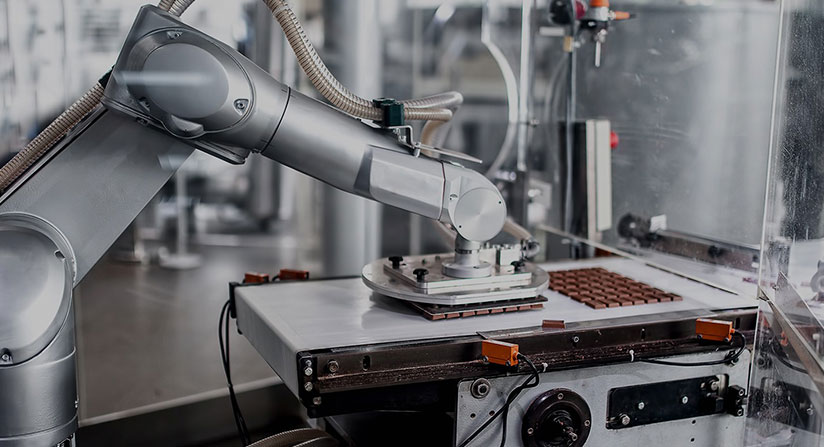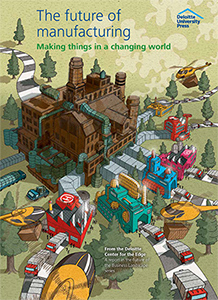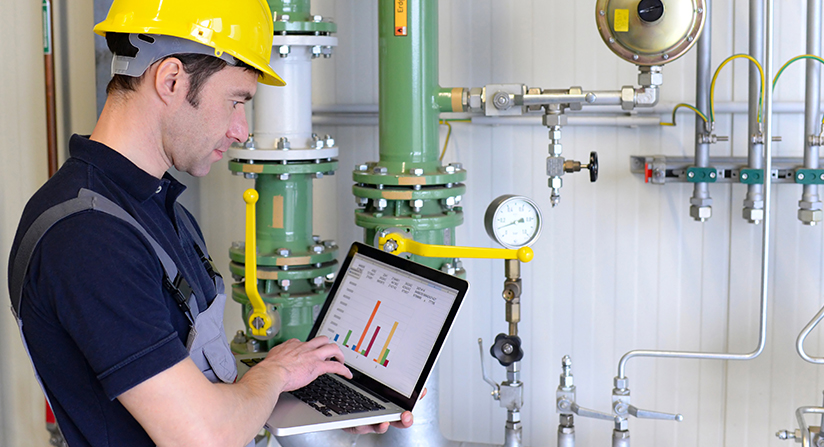When it comes to the world of discrete manufacturing, old paradigms are slow to change. The long-held stereotypes still persist of outdated, decrepit workplaces that operate at sub-standard efficiency levels and often without adequate safeguards to protect worker safety.
Until recently, the “old school” manufacturing model was dominated by a small number of entities, intimidating barriers to entry and exorbitant capital investments. Ah, but times are changing – new technologies, heightened customer demands (and input) and a radical shift in economies of scale (just to name a few) have eroded the existing paradigms. Thus, the future of manufacturing rests on manufacturer’s ability to reconfigure for agility, flexibility and “smartness” in order to remain competitive in a rapidly evolving marketplace.
Get Smart
For starters, “smart” technology is rendering nearly everything that isn’t smart irrelevant and increasingly, non-competitive. Consider this – How many people do you see with “dumb” phones today? How many new TV’s fail to offer smart capabilities? Smart is no longer a luxury; it’s a necessity.
And yet, according to a Huffington Post blog from May 2016, the 2014 Manufacturing Outlook Survey by the American Society for Quality (ASQ) reports that 87% of U.S. companies are not using smart manufacturing. The other 13% who had at least partially implemented smart manufacturing experienced the following gains:
- 82 percent reported increased efficiency.
- 49 percent reported lower product defects.
- 45 percent reported customer satisfaction gains.
Additional benefits of smart manufacturing include reduced waste, improved safety conditions in the workplace, better planning that optimizes machine usage, safer products for consumers and less harmful environmental impact. And that’s just a short list.
Personalization & Customization Creates New Partnerships & Niche Markets
Another key area of change is that customers across all industries are demanding a much higher level of personalization in the products they consume and this requires manufacturers to be able to customize, often on a small scale. In fact, customers are actually entering into a new type of partnership with manufacturers, offering input that is incorporated into the design of new products that often help to create new niche markets. With the fast-rising use of digital technologies, customers are now able to order personalized products that are also affordable. Indeed, the days of having to settle for mass-produced products are nearly over.
Economies of Scale Shifting Downward
Smart technologies are having a dramatic effect on the once overwhelming barriers to entry and old notions of economies of scale. Smaller manufacturing companies can now compete with the big boys due to new tools that enable them to produce smaller batches efficiently and cost-effectively. This, in turn, has resulted in the expansion of business models that are focused on fulfilling these niche markets, which not only lowers the barriers to entry but creates competition with larger-scale manufacturers who used to dominate this space.
Products as Platforms
As is true in the software arena, more and more products – both physical and digital – are now designed and manufactured to serve as platforms for third-party add-ons or “extensions.” The result is that more and more players are entering into new, more fragmented markets to carve out their own little niches. The new emphasis on personalization and customization is, in effect, driving more and more manufacturers to conceive of products as platforms that spawn healthy ecosystems of third-party products that will grow and enjoy staying power.
Conclusion – Automate, Innovate and Collaborate
You know the old saying – the early bird catches the worm. And so it goes for discrete manufacturers who now have a golden opportunity to lead the charge and avoid the risk of getting swept out with the tide.
According to the Deloitte White Paper; “The Future of Manufacturing”
“The manufacturing landscape is facing dramatic changes. Creating and capturing value in this new environment will require understanding the factors driving change in specific manufacturing sectors, focusing on activities that convey a structural advantage, leveraging the skills and capabilities of third parties, fundamentally rethinking business models, and identifying influence points.”
So make sure your business systems are flexible and that you have 360º of visibility into all of your essential data. Analyze your existing business processes and determine whether your company is agile enough to adapt to the rapid pace of change in the marketplace. Are you employing any of the latest digital technologies? Are you engaging with your customers to learn what moves the needle in their purchasing decisions and what earns their long-term loyalty? Are you rethinking your business model?
We think a commitment to smart technologies, collaboration and an open mind to the idea of entering into some specialization will combine to give you a “leg up” on the competition. Bottom line – Don’t get left behind while others blaze new trails.
Follow Us











